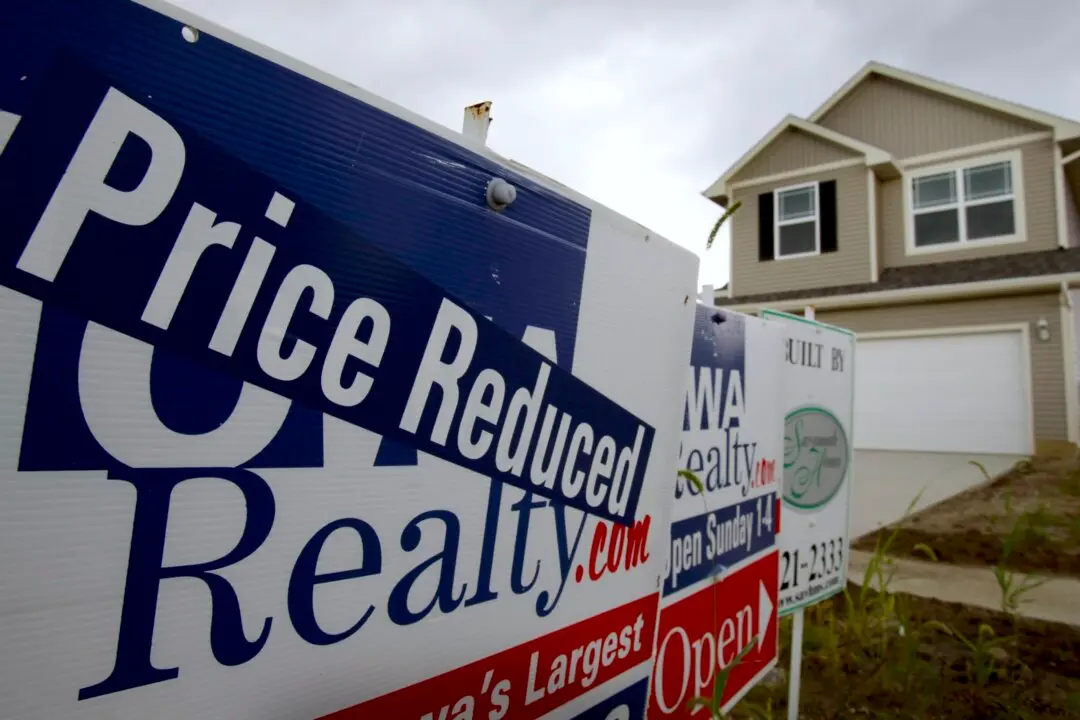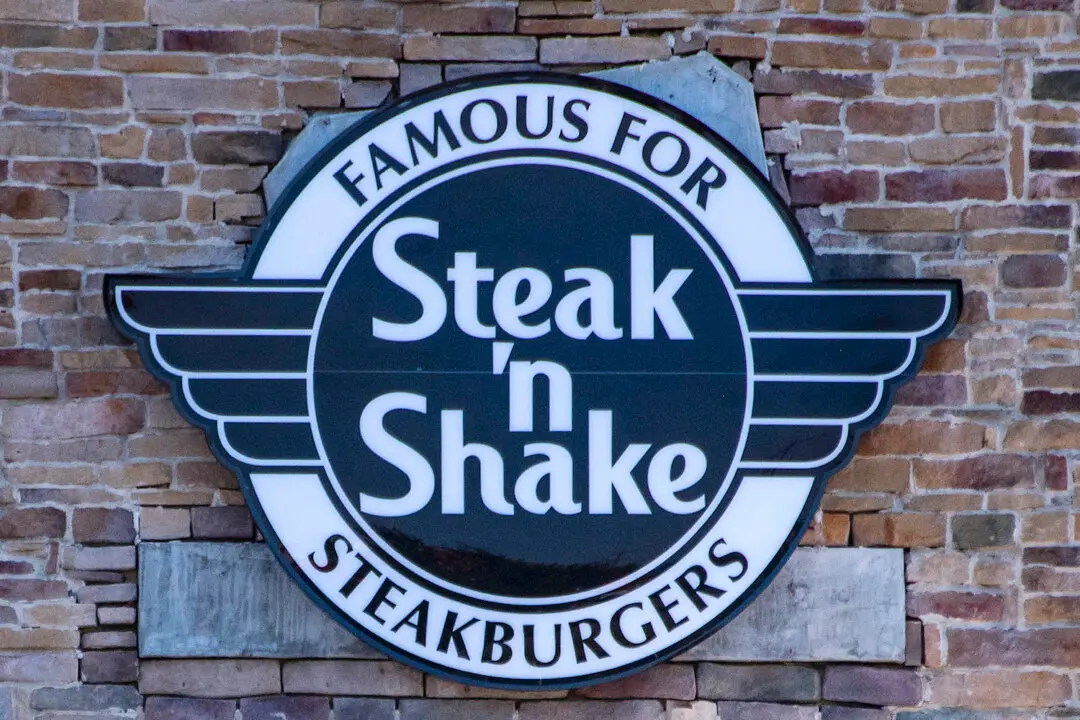A recent poll conducted by Public Opinion Strategies indicates 90 percent of America’s registered voters believe there is currently a “retirement savings crisis” in the U.S.
Only 22 percent of the 1,000 voters surveyed nationally are confident about having enough money to live on throughout their retirement years.





